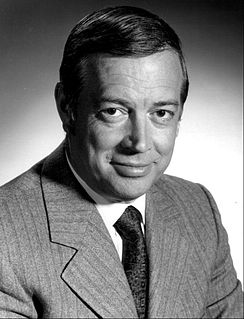A Quote by Walter Murch
I think every age has a medium that talks to it more eloquently than the others. In the 19th century it was symphonic music and the novel. For various technical and artistic reasons, film became that eloquent medium for the 20th century.
Related Quotes
I was really interested in 20th century communalism and alternative communities, the boom of communes in the 60s and 70s. That led me back to the 19th century. I was shocked to find what I would describe as far more utopian ideas in the 19th century than in the 20th century. Not only were the ideas so extreme, but surprising people were adopting them.
The 20th century is a period defined by cultural and artistic movements. However, the 21st century creative-scape that we occupy now doesn't really have movements in the same way. Instead it's made up of diverse individuals working across various platforms simultaneously; art, architecture, film, music and literature.
The Anglo-American tradition is much more linear than the European tradition. If you think about writers like Borges, Calvino, Perec or Marquez, they're not bound in the same sort of way. They don't come out of the classic 19th-century novel, which is where all the problems start. 19th-century novels are fabulous and we should all read them, but we shouldn't write them.
Film is the manipulative medium par excellence. When you think back on the history of film and the 20th century, you see the propaganda that's been made. So there are moral demands on the director to treat the spectators as seriously as he or she takes himself and not to see them merely as victims that can be manipulated to whatever ends they have.



































